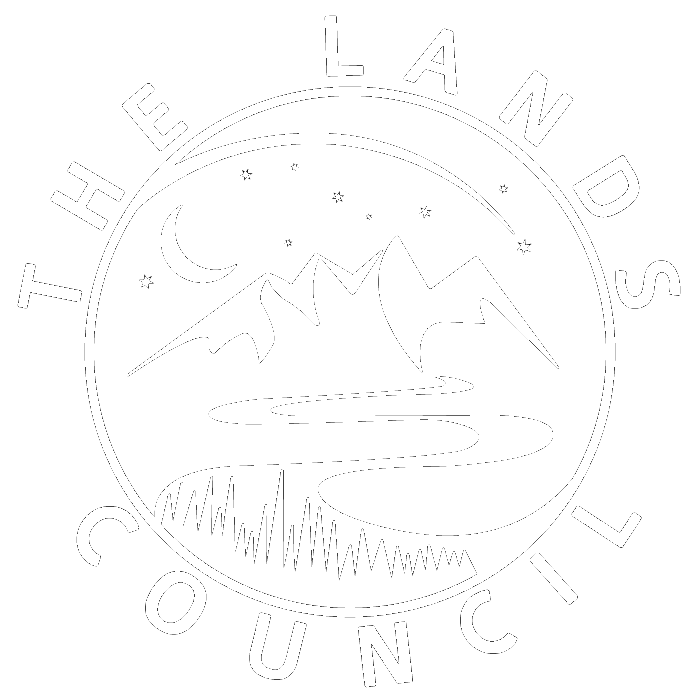By Adam Gebauer
Traveling through much of eastern Washington the boisterous sound of the western meadow lark lets you know you are in grassland and sagebrush country.
Grasslands including sage-steppe are home to many of North America’s most iconic wildlife species. Bison, pronghorn, sage and sharp tailed grouse, and meadow larks all rely on grassland habitats. But grasslands are disappearing at unprecedented rates. Over the last ten years, 50 million acres have disappeared - 2.6 million acres were lost between 2018 and 2019 alone.
Just like wetlands in the past, grasslands are often dismissed or overlooked for their ecological value. But grasslands play a critical role in supporting biodiversity, combating climate change, and supplying clean water. They play a crucial role for countless wildlife by providing habitat corridors, winter feeding grounds, and mating sites. They are home to a myriad of pollinator species. Unlike forests where most carbon is stored above ground in wood, susceptible to fire – grasslands store carbon in the soil. In grasslands systems 60-80% of biomass carbon are fibrous roots systems. It is estimated that grasslands contain 12% of the total terrestrial carbon storage.
The North American Grasslands Conservation Act (NAGCA) would establish a grant program to provide landowners with voluntary economic incentives to conserve and restore the United States’ disappearing grasslands. Grasslands benefit people of all walks of life, including those who live well beyond their boundaries.
This act is based on the success of the North American Wetlands Conservation Act, a volunteer-based fund that has supported almost 3,000 wetlands improvement projects across 30 million acres in all 50 states.
In the US 85% of grasslands are on private lands and this act would enable landowners to take a proactive role in conserving and restoring this essential landscape. To learn more and get involved, visit actforgrasslands.org and tell your representatives to support The North American Grasslands Conservation Act.


